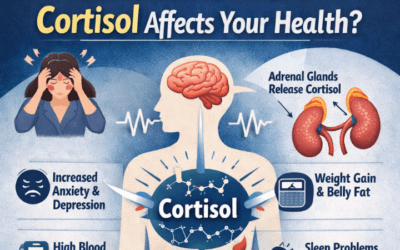This blog is #13 in a series of blogs in the form of questions or statements about a health issue and answers. These are in the typical format used when doctors take tests.
Question #13
Reducing the use of pharmaceuticals (prescription medications) in health care would lead to all of the following except:
- Reduction in health care carbon emissions
- Reduction in medication-related errors
- Reduction in waterway and drinking water pharmaceutical pollution
- Reduction in patient visits and hospitalizations
That’s correct! #4.
Pharmaceutical medications are one of the largest contributors to health care’s carbon footprint, with most of the emissions resulting from the energy used in pharmaceutical production within the manufacturing plants. Medication-related errors are recognized at all points of care, including the prescription of medications, dispensing by pharmacists, and unintentional nonadherence on the part of the patients, and are major contributors to avoidable patient morbidity (sickness), mortality (death), and cost. The presence of pharmaceuticals has been identified in both waterways and drinking water, and discarding them into the environment at a rate lesser than at what they degrade would correlate with a reduction in their accumulation. Although plausible (possible), a correlated reduction in health care utilization has not been studied or reported.
SDC (2008) NHS England carbon emissions: carbon footprint study. September 2008, Sustainable Development Commision, London.
Kohn LT, Corrigan J, Donaldson MS. To err is human: building a safer health system. Washington, D.C: National Academy Press; 2000.
Kolpin D, Furlong ET, Meyer MT. Pharmaceuticals, hormones, and the other organic wastewater contaminants in US water streams, 1999-2000: a national reconnaissance. Environ Sci Technol 36:1202-1211, 2002.
Donn J, Mendoza M, Pritchard J. AP probe finds drugs in drinking water. 2008. www.usatoday.com/news/nation/2008-03-10-drugs-tap-water_N.htm. Accessed May 20, 2015.
My vive: we have so much scientific information that we can use to make educated decisions about just about anything. Remember, the amount of scientific data is doubling every 73 days in the year 2020. So, let’s try and use lifestyle changes to prevent and reverse disease so we don’t need so many medications. Even climate change will benefit.








